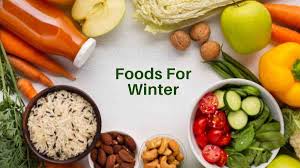As the chilly winter season embraces Pakistan, it brings with it a longing for warm and hearty meals. Winter not only marks a shift in weather but also a change in our dietary needs. To stay healthy during this season, it’s essential to consume foods that keep the body warm, boost immunity, and provide essential nutrients. Eating the right foods during winter not only keeps you warm but also strengthens your body against seasonal illnesses. Pakistan’s rich culinary heritage offers a wide variety of nutritious and delicious winter foods. Incorporate these foods into your diet to stay healthy, active, and cozy this winter season. Here’s a guide to the best winter foods to keep you fit and energized throughout the season.
1. Dry Fruits: A Nutritional Powerhouse
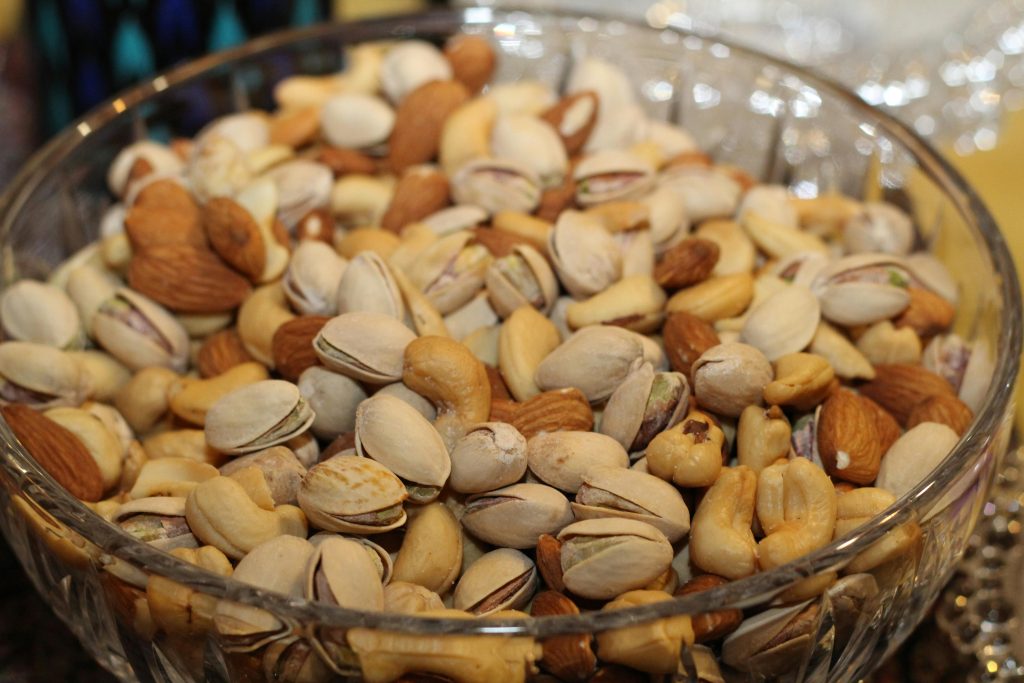
Dry fruits such as almonds, walnuts, pistachios, and cashews are winter staples in Pakistani households. They are rich in healthy fats, proteins, vitamins, and minerals that keep the body warm and boost overall immunity.
- Why eat them? They are a quick energy source and contain antioxidants to fight seasonal illnesses.
- How to consume? Eat a handful as snacks or add them to desserts like gajar ka halwa or kheer.
2. Gajar ka Halwa: The Quintessential Winter Dessert

No Pakistani winter is complete without gajar ka halwa. Made from fresh carrots, milk, sugar, and ghee, this dessert is a comforting treat that also packs nutritional benefits.
- Why eat it? Carrots are rich in beta-carotene, which is good for eye health, and the dish provides warmth to the body.
- How to consume? Enjoy it as a dessert or a mid-evening snack.
3. Sarson ka Saag and Makai ki Roti
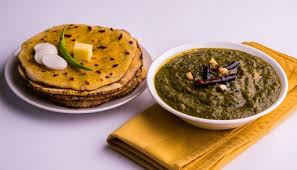
This iconic Punjabi dish is a winter must-have. Sarson ka saag (mustard greens) is cooked with spices and served with makai ki roti (cornbread) and a dollop of butter.
- Why eat it? Mustard greens are packed with vitamins A, C, and K, along with antioxidants and fiber, which help boost immunity and digestion.
- How to consume? Pair it with lassi or buttermilk for a wholesome meal.
4. Paya (Trotters Soup)

A warming and nutritious dish, paya is a slow-cooked curry made from goat or cow trotters. It is a popular breakfast and dinner option during winters.
- Why eat it? Rich in collagen and gelatin, it’s excellent for joint health and provides a hearty dose of warmth.
- How to consume? Serve it with fresh naan or chapati for a filling meal.
5. Honey and Herbal Teas
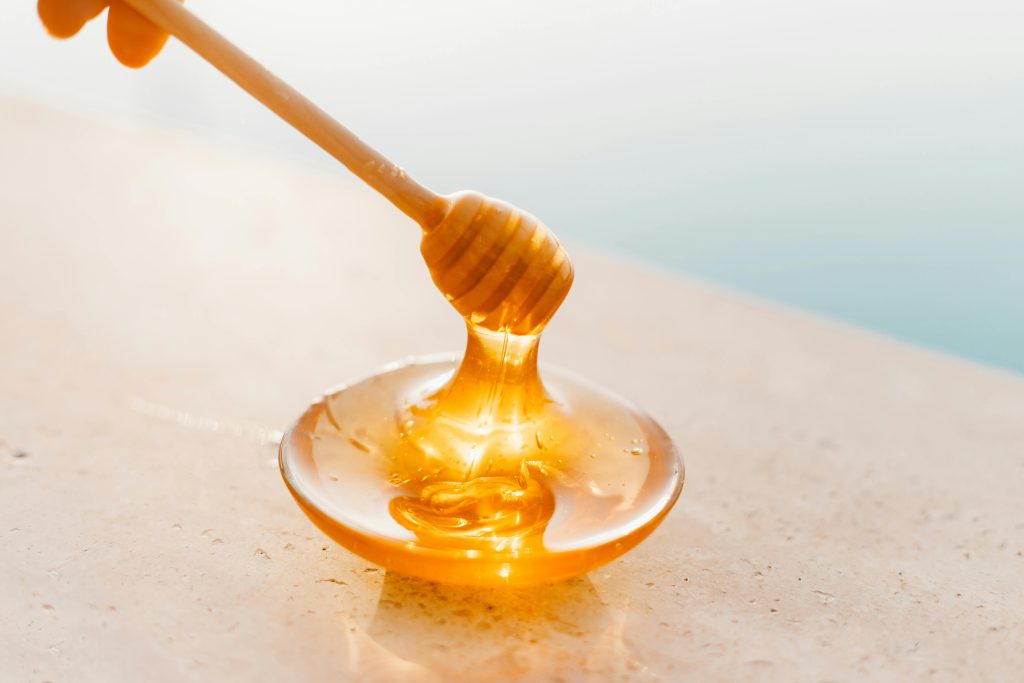
Honey is a natural sweetener with numerous health benefits. When combined with herbal teas, such as ginger or green tea, it can work wonders in winter.
- Why consume it? Honey soothes sore throats, while herbal teas aid digestion and keep the body warm.
- How to consume? Add a teaspoon of honey to warm water, lemon tea, or ginger tea.
6. Dates: A Winter Superfood
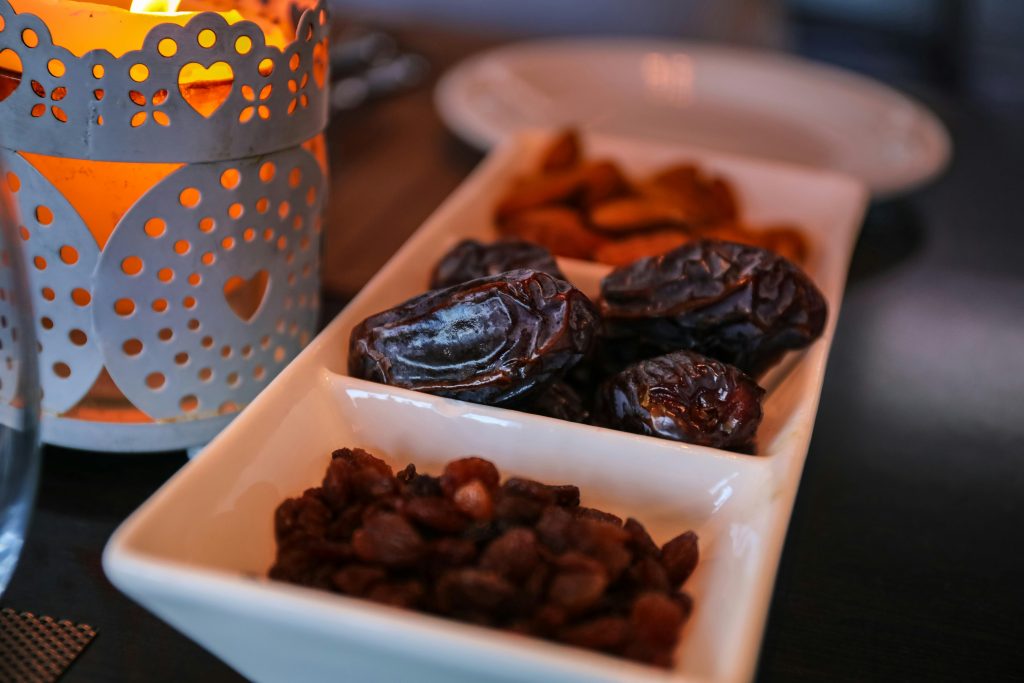
Dates are an excellent winter snack widely available in Pakistan. They are high in natural sugars, fiber, and essential minerals like potassium and magnesium.
- Why eat them? Dates provide instant energy, improve digestion, and help keep the body warm.
- How to consume? Eat them as-is or stuff them with almonds for a healthy treat.
7. Fish: A Rich Source of Omega-3 Fatty Acids
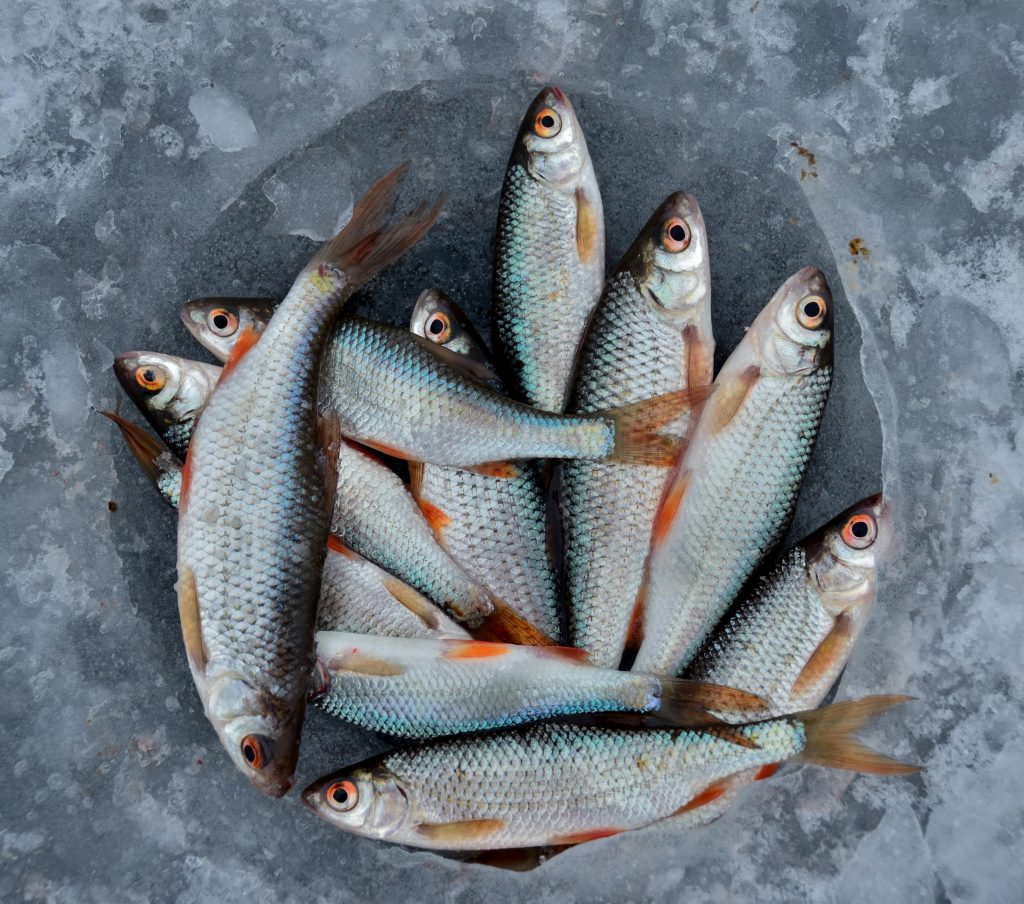
Fish, especially varieties like rohui, pomfret, and salmon, is a staple winter food in Pakistan. Grilled, fried, or cooked in curry, fish is a versatile dish.
- Why eat it? It’s an excellent source of omega-3 fatty acids, which are good for heart and brain health.
- How to consume? Serve grilled fish with a squeeze of lemon and a side of seasonal salad.
8. Seasonal Fruits: Oranges and Pomegranates
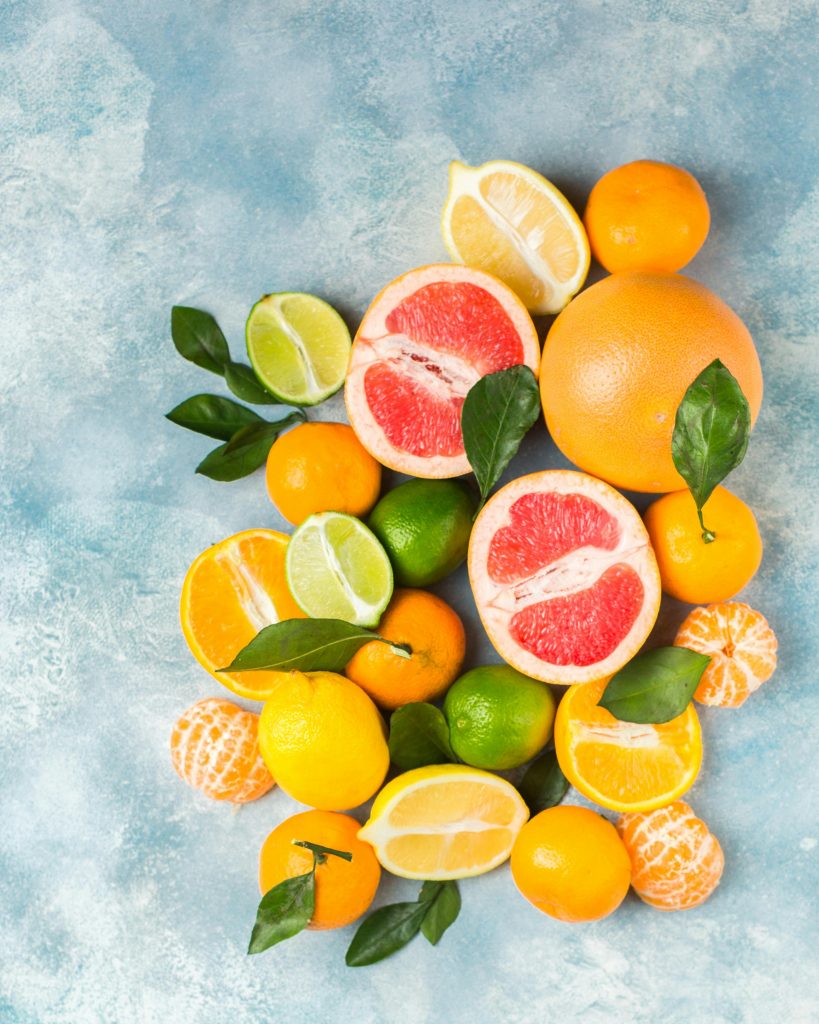
Winter is the season of citrus fruits like oranges and kinnow, along with juicy pomegranates. These fruits are not only delicious but also rich in nutrients.
- Why eat them? High in vitamin C, they boost immunity and protect against colds and flu.
- How to consume? Enjoy them fresh, as juice, or in fruit salads.
9. Soups and Broths
Soups are the ultimate winter comfort food. Chicken corn soup, lentil soup, and bone broth are common in Pakistani kitchens.
- Why eat them? They are hydrating, nutritious, and help soothe the throat while keeping the body warm.
- How to consume? Add spices like black pepper and ginger for extra warmth.
10. Desi Ghee and Butter
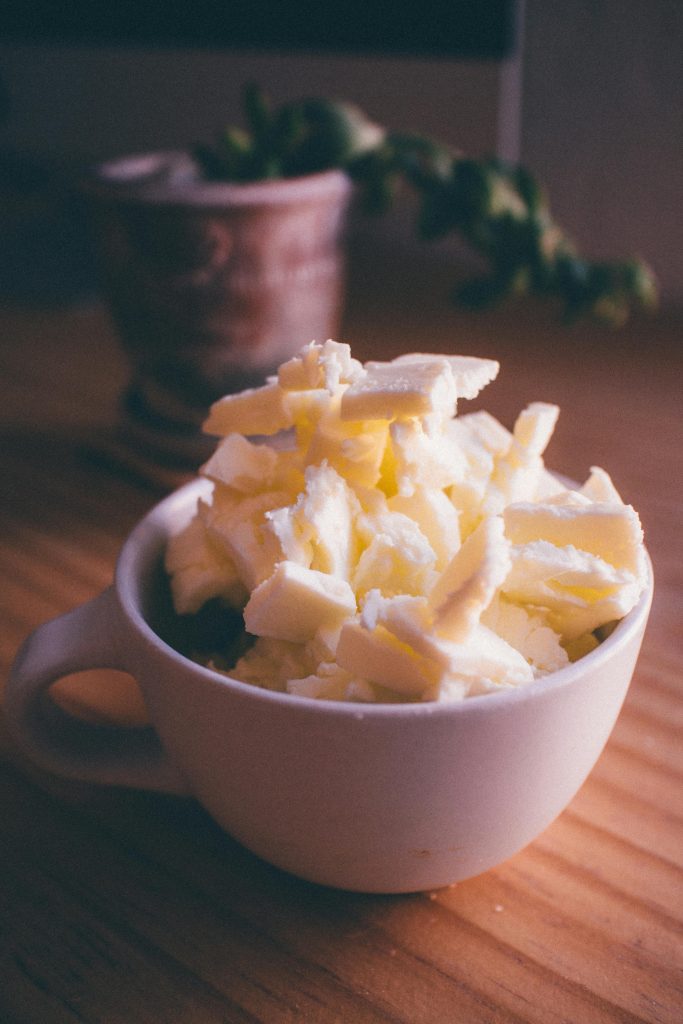
Desi ghee is a traditional ingredient in Pakistani cuisine, known for its warming properties and rich flavor. It’s often added to parathas, halwas, and curries.
- Why consume it? It provides healthy fats that keep the body warm and energetic.
- How to consume? Use it in moderation in cooking or spread it over makai ki roti.
11. Turnips (Shalgam) and Sweet Potatoes
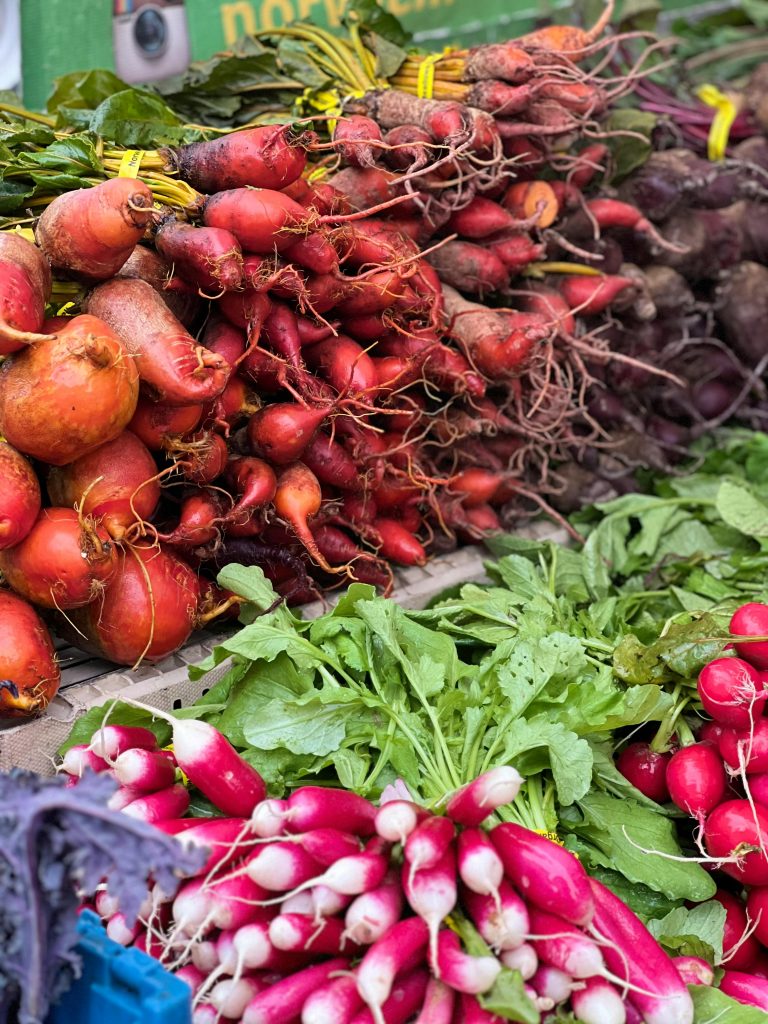
Turnips and sweet potatoes are popular winter vegetables in Pakistan. They can be roasted, cooked in curries, or enjoyed as snacks.
- Why eat them? Turnips are rich in vitamin C, while sweet potatoes are a great source of fiber and beta-carotene.
- How to consume? Roast them for a healthy snack or include them in your curries.
12. Spices for Warmth: Ginger, Garlic, and Turmeric
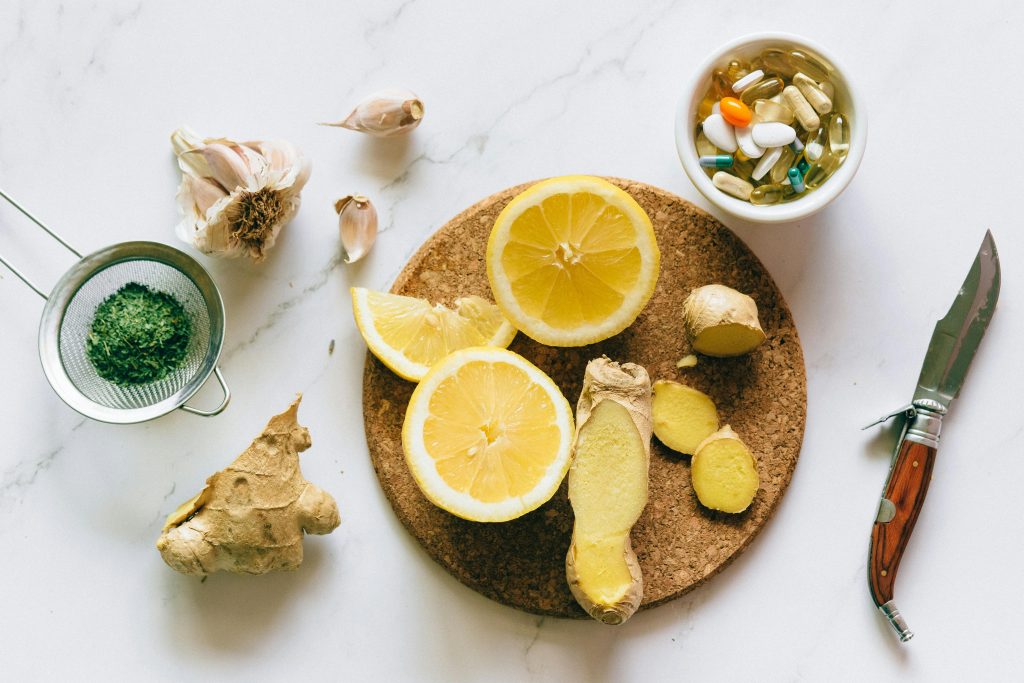
Spices like ginger, garlic, and turmeric are essential in winter cooking for their warming and medicinal properties.
- Why consume them? They boost immunity, fight inflammation, and improve digestion.
- How to consume? Use them in teas, curries, or soups for added flavor and health benefits.
For more insights, click here


